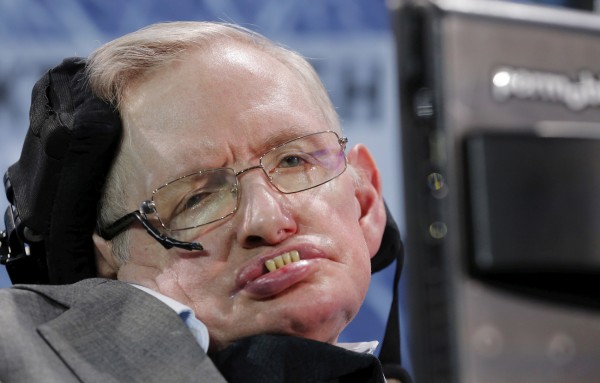After 76 extraordinary years in which he theorized on some of science’s most confounding question, world renown physicist, Stephen Hawking, succumbed to death.
He had been told early on that he would not live long, but he defied all logic to make it all the way to 76.
Struck by a motor neuron disease at the age of 21, Hawking was unable to perform functions that normal humans take for granted. He even had to use a machine to speak.
This, however, did not deter him from making some of the biggest contributions to science. His work ranged from the origins of the universe itself, through the tantalizing prospect of time travel to the mysteries of space’s all-consuming black holes.
Despite his disease, Hawking was married twice, although both ended in divorce, he went on to write a memoir in 2013 which was named “My Brief History.”
Writing on how he was first diagnosed, he wrote; “I felt it was very unfair – why should this happen to me,”
“At the time, I thought my life was over and that I would never realize the potential I felt I had. But now, 50 years later, I can be quietly satisfied with my life.”
Hawking biggest claim to fame was his international bestseller “A Brief History of Time”, a book which is certainly not for light night time reading, yet it was on the Sunday Times best-sellers list for no fewer than 237 weeks.
”My original aim was to write a book that would sell on airport bookstalls,” he told reporters at the time. “In order to make sure it was understandable I tried the book out on my nurses. I think they understood most of it.”

